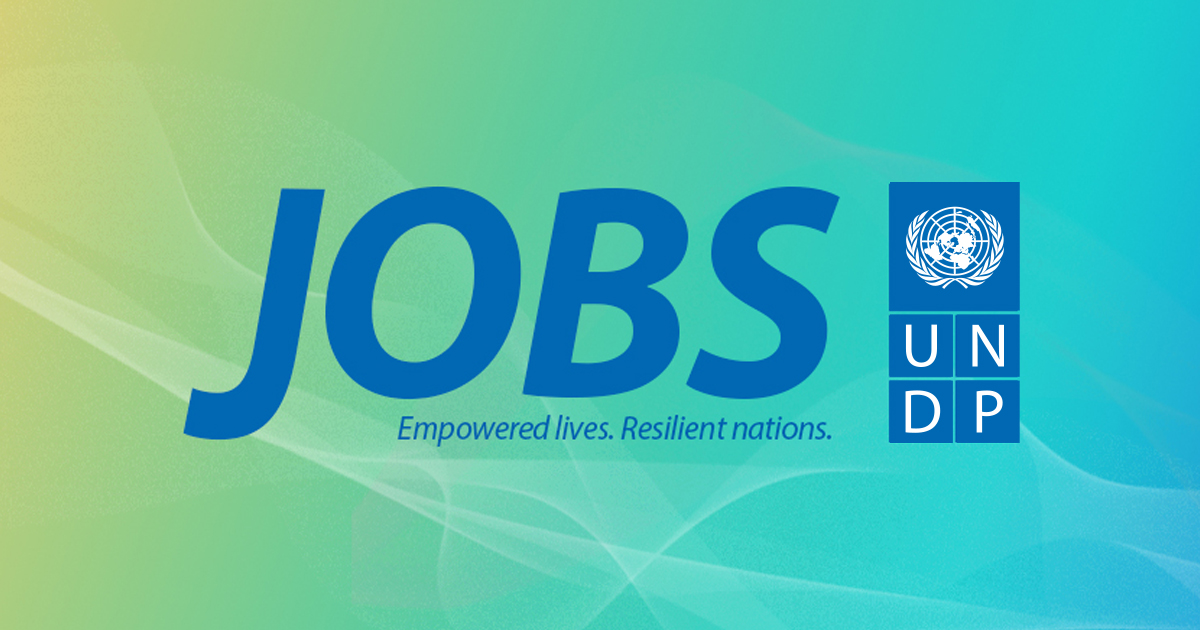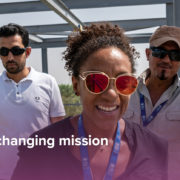
The National Development Strategy (NDS) is a planning system that articulates the long-term vision and development aspirations of the nation. The National Development Strategy (NDS) with the Vison 2022 was launched in 1997 by His Majesty King Mswati III following extensive analytical work and consultations with different stakeholders which began in 1992. The process of compiling the NDS started by the collection of views from the general public which was accomplished through the appointment of the Economic Review Commission (ERC) by His Majesty, whose report published in 1995, solicited a national consensus. The recommendations included formulation of sectoral strategies which led to the establishment of eight sectors charged with the responsibility of doing in-depth analysis and provision of background material to guide strategic thinking in the formulation of the vision and the long-term national development strategy for the country. Extensive consultations as well as detailed analytical reviews of the country’s governance, social and economic performances, challenges and opportunities since independence were carried out.
The NDS being a long-term framework (25 years) which is implemented through short and medium-term development strategies and plans. For instance, it has been operationalized through the following medium-term strategies: the Poverty Reduction Strategy and Action Plan (PRSAP), Economic and Social Reform Agenda (ESRA), the Public Sector Management Programme (PSMP) and the Internal Structural Adjustment Programme (ISAP) to name a few and the most recent economic transformation agenda – Strategic Roadmap 2019 – 2023. These different strategic programmes have been implemented through national development plans for roll-out of policy and resource allocation with the current being the National Development Plan 2019/20 – 2021/22.
The launched vision statement was: “By the Year 2022, the Kingdom of Swaziland will be in the top 10% of the medium human development group of countries founded on sustainable economic development, social justice and political stability”. Underlying the vision is achieving high levels of economic growth and focus on improving the quality of life in the country. The critical dimensions of the quality of life include access to health, education, poverty reduction, employment creation, gender equity, social cohesion and protection as well as environmental protection.
With the adoption of the sustainable development goals (SDGs) by the world leaders including His Majesty in Eswatini, and to take into consideration and incorporate the 2030 Agenda and the SDGs, the vision statement was re-adjusted to read: ‘by the Year 2022 the Kingdom of Eswatini will have attained a level of development akin to that of developed countries while ensuring that all citizens are able to sustainably pursue their life goals, enjoy lives of value and dignity in a safe and secure environment in line with the objectives of sustainable development’. The Vision has been the over-arching long-term development strategic focus for the country since 1997 and is now coming to an end in 2022. As the implementation period comes to an end, Government is preparing to develop a new strategy and vision but the process will be inclusive of the review of the implementation of the NDS and vision 2022. Consequently, the review process will assess and analyze the progress made, identify failures and challenges, opportunities, and achievements during the strategy implementation period. The assessment outcomes will enrich and impact the development of a new NDS and vision which guide the political and socio-economic improvement of the country. A new development path shall be crafted to address the challenges experienced and build on progress made during the implementation period.
In this light, the Ministry of Economic Planning and Development which has the mandate to coordinate the development of the long, medium and short-term development plans of the country including overseeing their implementation, is seeking the services of a consultancy team. The consultancy team will encompass a team of local experts who will backstop the international expert (Team Leader) whose recruitment runs parallel to this process. The local consultants are expected to command political and socio-economic dynamics of Eswatini and its communities, and also have a strong comprehension of regional geo-political landscape and governance. Furthermore, the team should demonstrate a clear and precise understanding of the current NDS by providing valuable insights and inference and further lay a framework of corrective measures, while preparing a pathway for the crafting a new and revised vision as well as a National Strategy. The lessons of the constantly changing global development landscape must be taken into consideration during the review of the new strategy and vision. While the revised NDS must address long term socio-economic development priorities of the country, it must also demonstrate elements of a robust global outlook owing to emerging global challenges and increased integration of economies both regionally and internationally.
The consultancy shall work with different sectoral groups within Government to facilitate the assessment of the current NDS and production of the new one and to ensure integration of Sustainable Development Goals (SDGs), Agenda 2063, and other international commitments into the review process. An international expert (Team Leader) and two local experts shall be recruited for the assignment. The objectives of the consultancy are as follows;
- Prepare Roadmap for the development of the NDS and Vision detailing the schedule of activities, timelines, outline a methodology for the review, setting up of a project secretariat team
- Facilitate the production of a situational assessment and SWOT of the current NDS and provide detailed plan of how the review of the NDS will be carried out.
- Facilitate the undertaking of an Assessment of the effectiveness of the Vision 2022, including achievements of its objectives and challenges faced. This will indicate concrete positive results, emphasizing the strengths and weaknesses of the strategy inclusive of planning and budgeting process.
- Lead the review of the design of Vision 2022, including the appropriateness of the indicator framework, the relevance of the priority areas and identification of areas of improvement.
- Advise on the structural organizational support for the development and implementation of the new NDS and vision, including technical assistance for strengthening the institutional framework for the required coordination and capacity support.
- Draft a Concept Note for presentation to cabinet approval on the process for the development of the new vision.
- Draft Terms of Refence for the consultancy which to undertake the actual development of the new NDS.









Comments